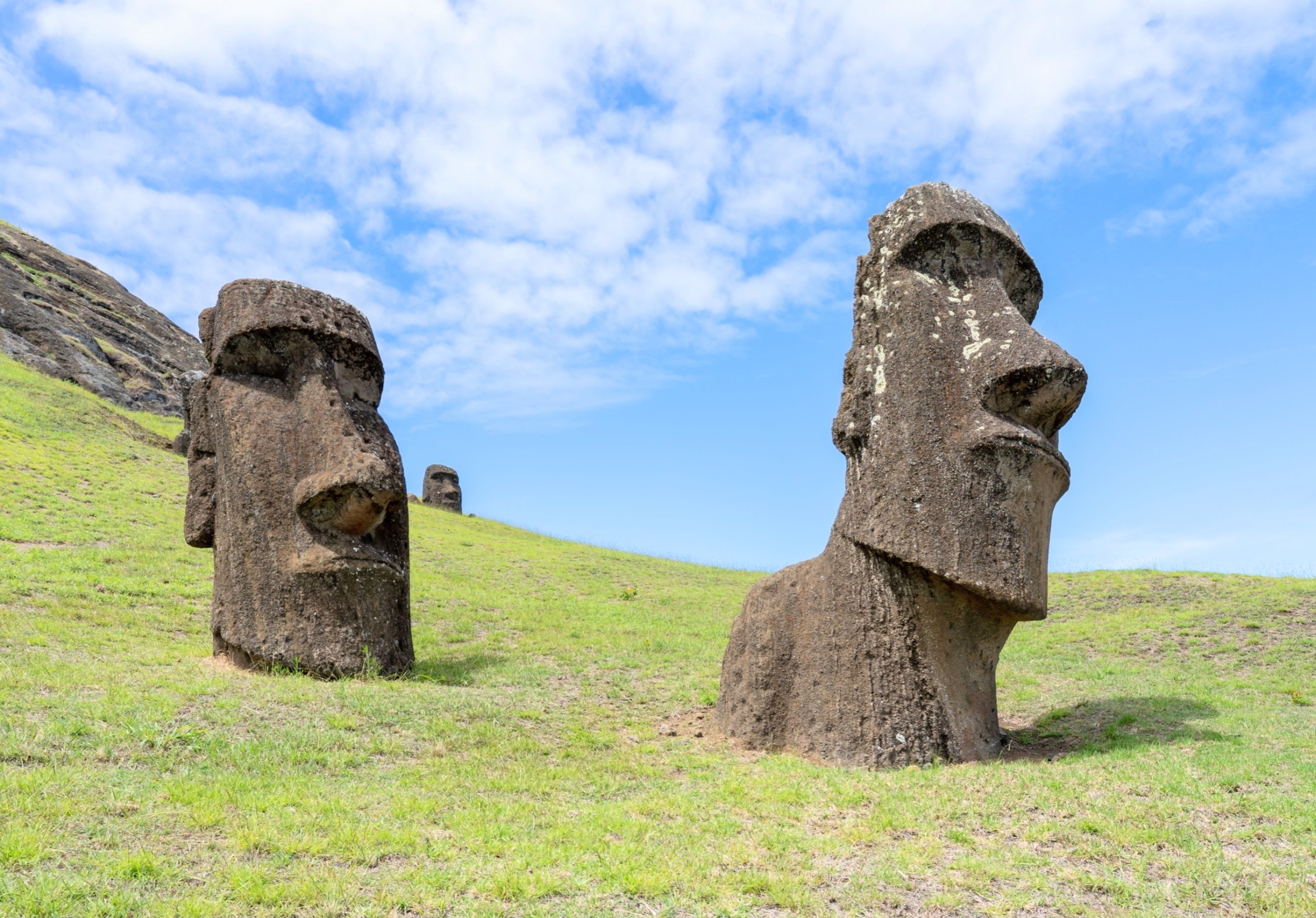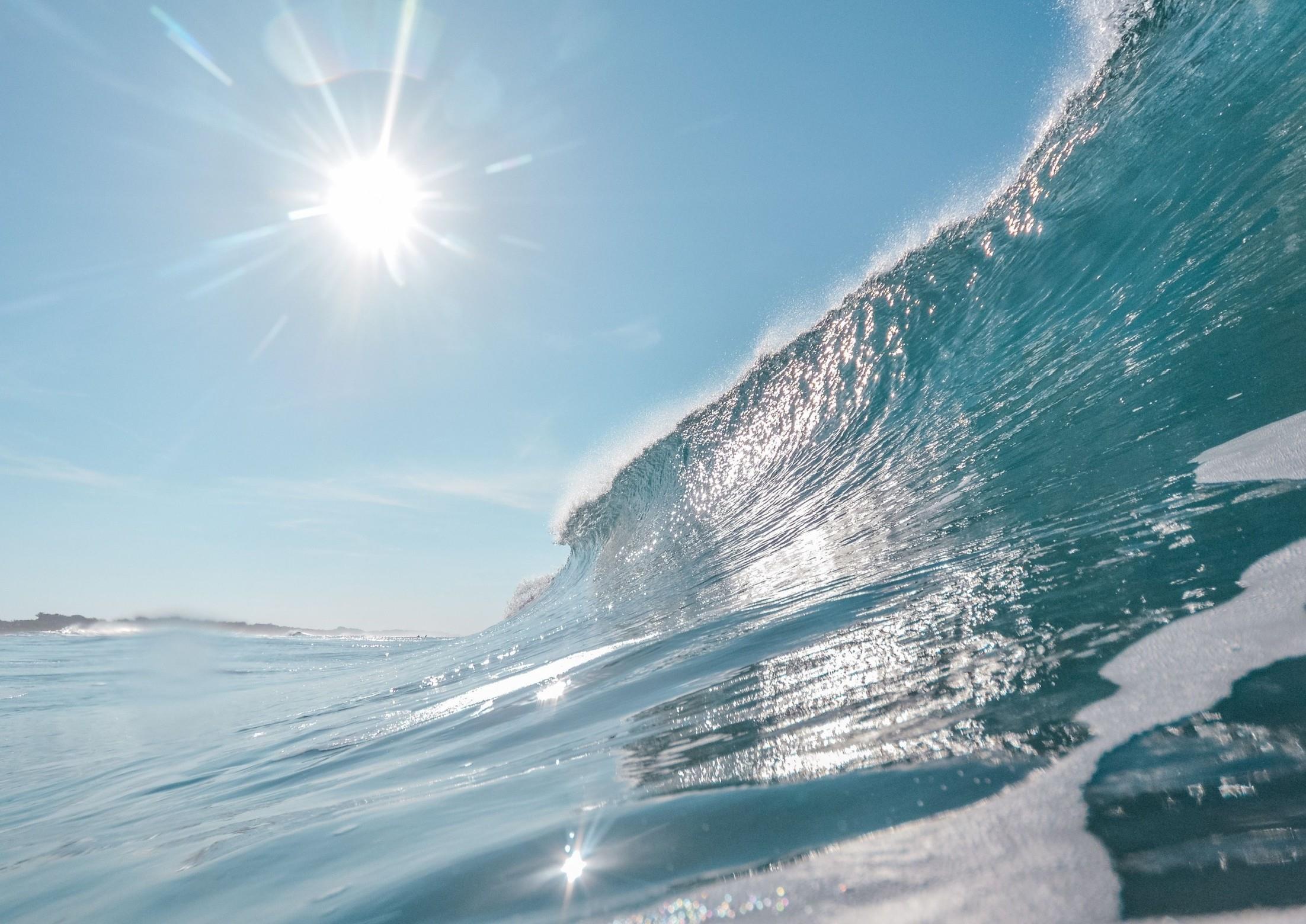Shocking Orca Discovery: Are They Training for the Hunt by Simulating Drowning?

Imagine a world where nature’s most sophisticated hunters are not only strategizing their next meal but teaching their young in the most dramatic fashion. Recent footage captured by the BBC’s documentary series 'Parenthood' has revealed a jaw-dropping side of orca behavior that has left scientists and animal lovers alike questioning just how intelligent these marine giants really are.
Orcas, renowned for their impressive hunting prowess, have always been a topic of fascination. Known to target everything from sharks to massive whales, these apex predators have now been seen engaging in a shocking new practice: a mock hunting exercise that involves simulating the drowning of one of their own. This captivating behavior was filmed off the coast of Bremer Bay in Australia, providing a fresh perspective on orca hunting strategies and their complex social structures.
In a dramatic sequence, researchers captured a pod of orcas repeatedly submerging a juvenile orca under the water as part of what initially appeared to be playful antics. However, as the footage unfolded, it became evident that this was no game—this was an essential training drill aimed at teaching younger pod members how to control the breathing of their prey during hunts.
What makes this revelation so extraordinary is the purpose behind these actions. The young orca involved in this exercise was never in real danger; rather, it was a carefully orchestrated drill designed to prepare them for future hunts, especially when targeting formidable creatures like the blue whale. For the first time, scientists have documented orcas simulating the intense pressure required to subdue massive prey items by preventing them from breathing, a vital skill for successful hunting.
The significance of this behavior lies not just in the act itself but in its educational implications. Unlike many species that learn through trial and error, orcas adopt a structured approach to teaching survival skills, ensuring that their younger generations are well-equipped for the challenges of the sea. These training techniques emphasize teamwork and synchronization, both crucial for overwhelming large animals during a hunt.
During these intense mock training sessions, the young orca must learn to hold its breath while its pod mates practice their simulated attacks. This not only conditions the young orcas to endure the stress of a real hunt but also helps them develop the resilience needed to face their prey. The simulated drowning, although dramatic, serves as an essential learning tool that prepares these future hunters for real-life encounters in the unpredictable ocean.
Orcas are known for their tight-knit family units, often led by a matriarch, and display an intricate social structure that is rare among marine mammals. This mock drowning technique exemplifies how these intelligent creatures engage in cooperative learning, ensuring that younger members inherit the necessary hunting expertise. In a world where survival is a continuous battle, this educational approach is vital for the pod’s prosperity.
The orca family is not simply focused on companionship or protection; their social dynamics and cooperative learning play a crucial role in their long-term survival. By imparting essential hunting techniques to the next generation, orcas are showcasing their remarkable intelligence and collaborative nature, ensuring they continue to thrive in their challenging environment.



























